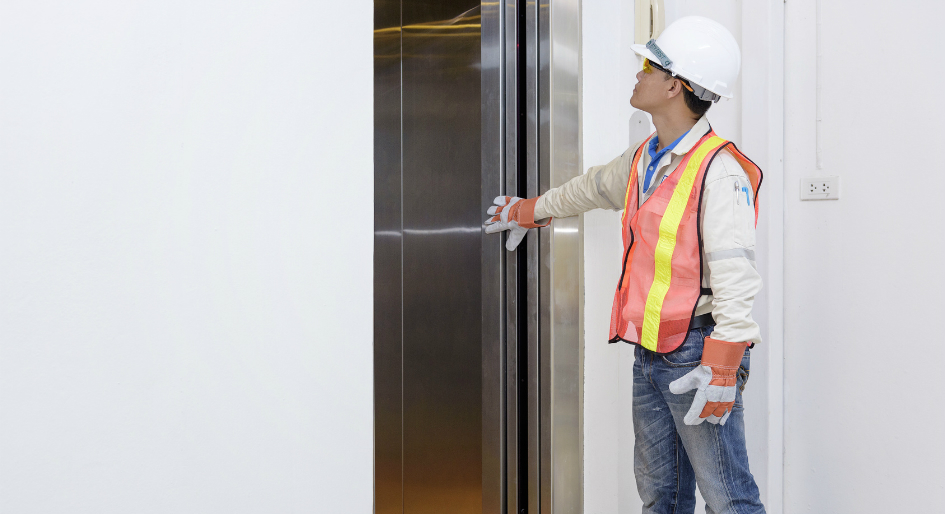A new private members bill is gaining traction at the Ontario legislature that, if passed, will hold elevator contractors more liable for the state of elevator repairs.
Introduced by Trinity-Spadina MPP Han Dong on March 22, 2017, Bill 109, the Reliable Elevator Act, puts forward multiple amendments to the Building Code Act (1992) and Consumer Protection Act (2002).
For one, the Bill proposes that elevator traffic studies be conducted for building permit applications pertaining to developments of seven or more stories. It also holds contractors accountable for fixing out-of-service elevators in buildings with seven or more stories within 14 days, and those within long term care homes and retirements within seven days.
Additionally, the Bill subjects elevator maintenance contracts to the protections under the Consumer Protection Act, thereby leaving contractors vulnerable to potential fines and reputational damage.
“Currently, there are no regulations or bylaws that give a maximum timeframe for elevators to be brought back into service,” Han Dong told press. “I’ve been talking to many residents and condo associations, and I’ve been told that elevator reliability is a serious challenge. Getting home shouldn’t be difficult.”
While Dong’s bill has been submitted with good intentions – that is, to protect the health and safety of building residents – professionals within the elevator industry argue it lacks an understanding of how the industry works.
“There’s really no strong data or research to support this is even a problem,” adds Phil Staite, Vice President with Quality Allied Elevators. “I would say that less than two per cent of all the elevator repair calls aren’t completed within the Bill’s time period, so it’s targeting something that’s typically not an issue.”

Secondly, says Staite, elevators that are out of service for long periods of time are usually in that condition due to circumstances beyond a contractor’s control. Specialized elevator parts aren’t always readily available, meaning contractors must wait for international orders to come through or go through the extra steps to have them custom made. Parts for older elevators may also be obsolete altogether, as is the case with many single-speed elevators throughout the province.
Lastly, it’s not uncommon for elevator repairs to be delayed by building owners who have not approved the work or by TSSA orders which draw out the process. Combine these factors with the possibility of brownouts and computer system failures on newer models, and the reasons behind a broken elevator are more complex than what Bill 109 appears to consider.
“Elevators go down – and stay down – for a number of reasons, and very few are because an elevator company isn’t doing its job. These are extremely complicated machines with thousands of parts, and a lot of them are very old to begin with,” says Staite, adding, “It will be an awful lot of work over nothing and if they end up passing this Bill. No one will know who is responsible for what, and there will a lot of needless finger-pointing.”
Bill 109 passed second reading on April 13, during which time concerns were voiced by a number of industry reps. Dong has stated he’s open to discussing the Bill further, adding, “I want to send out a message to independent contractors, especially those that are taking their job seriously and doing their best to ensure reliability of the elevators they look after … I want them to understand that this is a great opportunity for them to share best practices, to bring the industry to a unified standard so customers, ultimately, will benefit.”
With the Bill now sent to the Standing Committee on Regulations and Private Bills, it will be some time before the industry knows its fate. In the meantime, Staite says the answer to keeping elevators running is really more simple than it appears: “If you keep your elevators maintained and upgrade them if they’re getting old, than this whole matter is a non-issue.”
Phil Staite is Vice President of Quality Allied Elevators.






